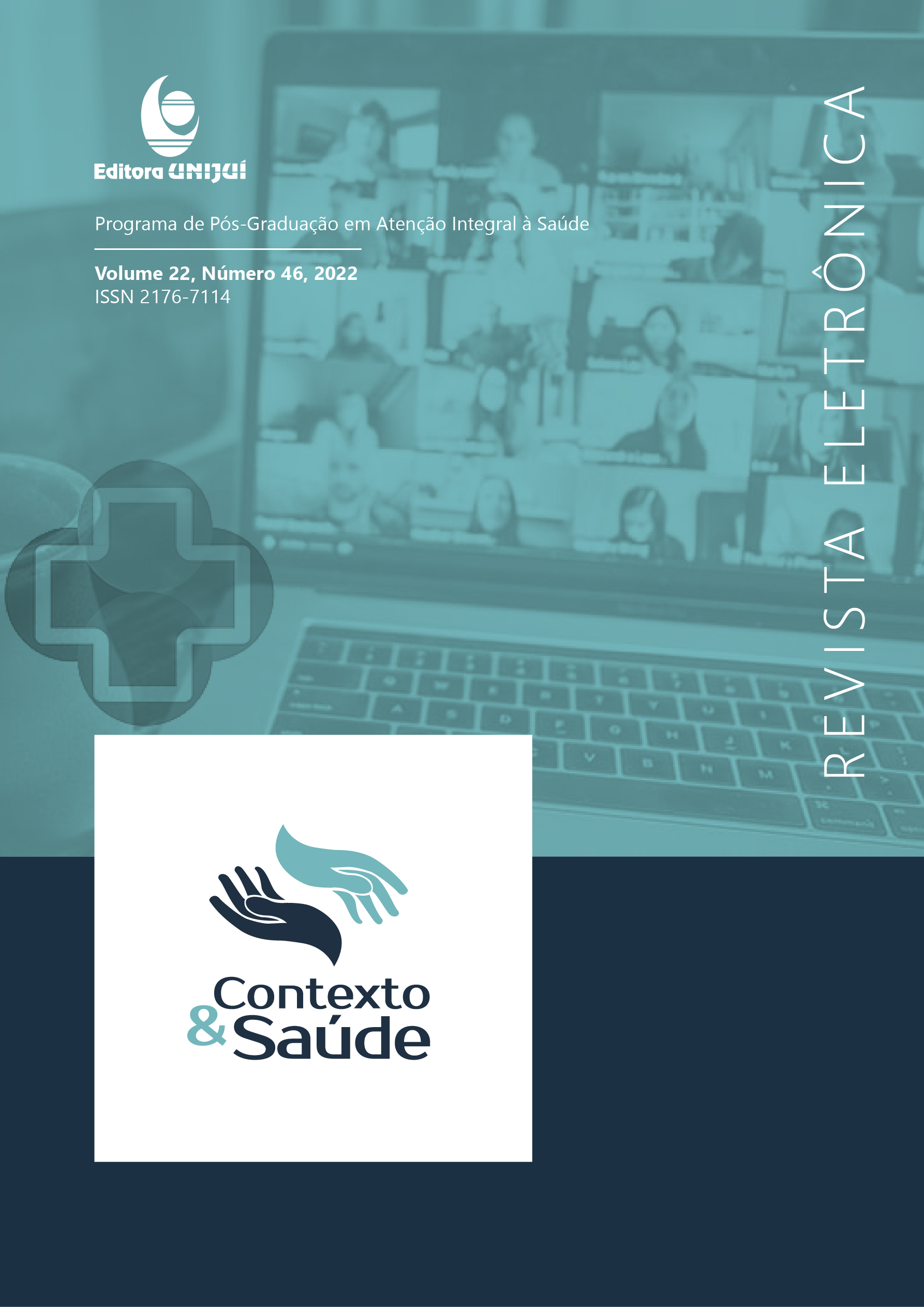Estudo etnofarmacológico de plantas medicinais da província de Cuanza Norte (Angola)
DOI:
https://doi.org/10.21527/2176-7114.2022.46.13336Palavras-chave:
Angola, Cuanza Norte, Etnofarmacologia, Plantas MedicinaisResumo
Os estudos de plantas medicinais em África encontram-se limitados a determinadas áreas geográficas, e apesar de haver mais de 5400 plantas medicinais documentadas no país, outras com importante valor medicinal continuam por estudar. Os estudos etnofarmacológicos documentam o conhecimento tradicional associado ao uso medicinal da biodiversidade. Este estudo tem como objetivo documentar o uso de plantas medicinais pela população da Província de Cuanza Norte (Angola). O trabalho de campo decorreu entre dezembro de 2018 e janeiro de 2019 e os dados etnobotânicos recolhidos através de entrevistas semiestruturadas. A seleção dos informantes teve como critérios a residência e reconhecimento pela comunidade como curandeiros. Os resultados foram apresentados através do nome popular da planta, uso tradicional, parte da planta utilizada, e método de preparação. Um total de 131 plantas medicinais foram relatadas. As plantas Mukumbi (Lannea welwitschii), Santa-maria (Chenopodium ambrosioides) e Ditumbata (Boerhavia difusa) foram as mais citadas. De todas as partes das plantas relatadas, as folhas foram o material mais utilizado. Quanto ao modo de preparação, a maceração foi o mais usado, seguido da infusão e decocção. As principais categorias de uso das plantas foram: doenças infeciosas e parasitárias (ex: Malária); doenças do sistema digestivo; doenças e dores indefinidas; doenças metabólicas, nutricionais e endócrinas (ex: Diabetes). Este estudo revelou a importância da preservação do conhecimento etnobotânico, para proteção da biodiversidade e descoberta de novas moléculas terapêuticas. Comparando os resultados com estudos existentes observou-se que algumas das indicações de uso tradicionais são suportadas por dados científicos.
Downloads
Publicado
Como Citar
Edição
Seção
Licença
Copyright (c) 2022 Revista Contexto & Saúde

Este trabalho está licenciado sob uma licença Creative Commons Attribution 4.0 International License.
Ao publicar na Revista Contexto & Saúde, os autores concordam com os seguintes termos:
Os trabalhos seguem a licença Creative Commons Atribuição 4.0 Internacional (CC BY 4.0), que permite:
Compartilhar — copiar e redistribuir o material em qualquer meio ou formato;
Adaptar — remixar, transformar e criar a partir do material para qualquer fim, inclusive comercial.
Essas permissões são irrevogáveis, desde que respeitados os seguintes termos:
Atribuição — os autores devem ser devidamente creditados, com link para a licença e indicação de eventuais alterações realizadas.
Sem restrições adicionais — não podem ser aplicadas condições legais ou tecnológicas que restrinjam o uso permitido pela licença.
Avisos:
A licença não se aplica a elementos em domínio público ou cobertos por exceções legais.
A licença não garante todos os direitos necessários para usos específicos (ex.: direitos de imagem, privacidade ou morais).
A revista não se responsabiliza pelas opiniões expressas nos artigos, que são de exclusiva responsabilidade dos autores. O Editor, com o apoio do Comitê Editorial, reserva-se o direito de sugerir ou solicitar modificações quando necessário.
Somente serão aceitos artigos científicos originais, com resultados de pesquisas de interesse que não tenham sido publicados nem submetidos simultaneamente a outro periódico com o mesmo objetivo.
A menção a marcas comerciais ou produtos específicos destina-se apenas à identificação, sem qualquer vínculo promocional por parte dos autores ou da revista.
Contrato de Licença (para artigos publicados a partir de setembro/2025): Os autores mantém os direitos autorais sobre seu artigo, e concedem à Revista Contexto & Saúde o direito de primeira publicação.

